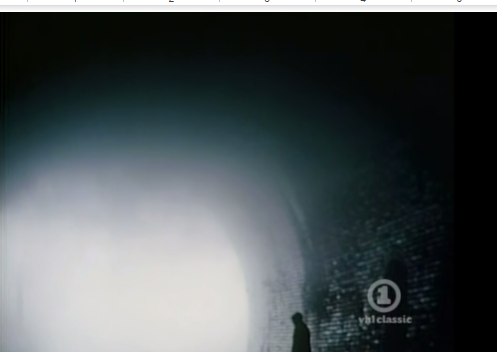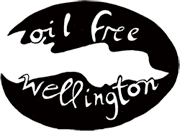Tearing down the wall
Thoughts on teaching and parenthood during the climate crisis
Note: This piece was written during negotiations between the Minister, the Ministry, the PPTA and NZEI. The outcome of these negotiations was not clear at the time and we were being told very little.
It’s lunchtime and we’re sitting in the staffroom joking about the upcoming strike and what we will be doing and what we really won’t be doing. No one is really going to lie in front of cars and blockade lines of traffic, but we will be searching for our branch flag, which looks pretty much identical to all the other branch flags. We’re at a Catholic school so we joke we should put a cross on it. Eventually conversation turns to the student climate strike. The others don’t dismiss the students’ concerns but they do talk about the photos of drink bottles left all over Lambton Quay last March. I’ve heard this before and I’m reminded of the Pink Floyd line about, “the thin ice of modern life.” Outside, the weather is turning. It was hot in the morning but now a storm is developing. At the same time, an island away, protesters are blockading the entrance to the “Minerals Forum” run by mining business association Straterra in Dunedin.
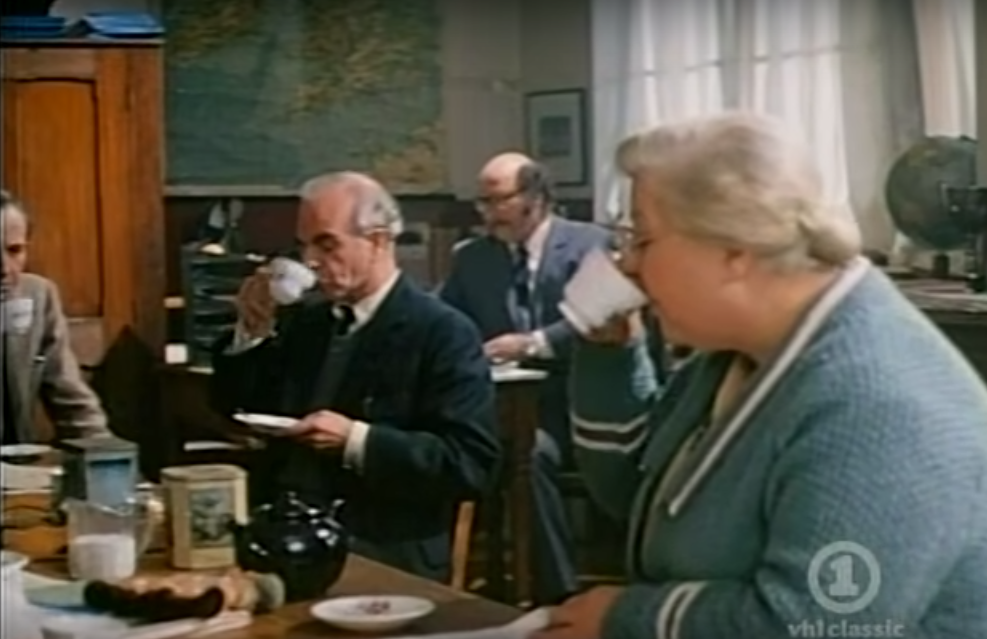
After school I get home and it’s all hands on deck. There had been two two year olds running around and things are pretty hectic. Eventually we tidy up and my daughter and I brave the gathering storm to head down to get our weekly takeaways. She’s really wanting to ride her trike down Constable street and in the pouring rain it is terrifying at times. But, sometimes she seems to know what she’s doing better than I do.
It hasn’t been easy transitioning into parenthood and a teaching career while also being involved with activism. Before I became a parent, and before I began my teaching career, being an activist didn’t seem simple but it was an awful lot easier. I’d been arrested protesting oil and gas exploration, and been involved with numerous groups around Te Whanganui-a-Tara. But, when I got home I could sit down and relax, watch a movie and do some art. I come from pretty privileged middle class Pakeha stock and so haven’t experienced many of the economic and social challenges people face. No one part of becoming a parent was very hard but it did have a cumulative effect. There were just so many other things which also needed doing. TV and relaxing times at the end of the day turned into tackling the never ending washing pile and tidying the perpetually messy house. Also, the pressures faced by so many people suddenly became far more real and significant. The increasingly living costs and volatile rental market in Wellington suddenly mattered so much more than it did before. When our flat was sold a month after our daughter was born I wasn’t just moving myself, we were moving our little family.
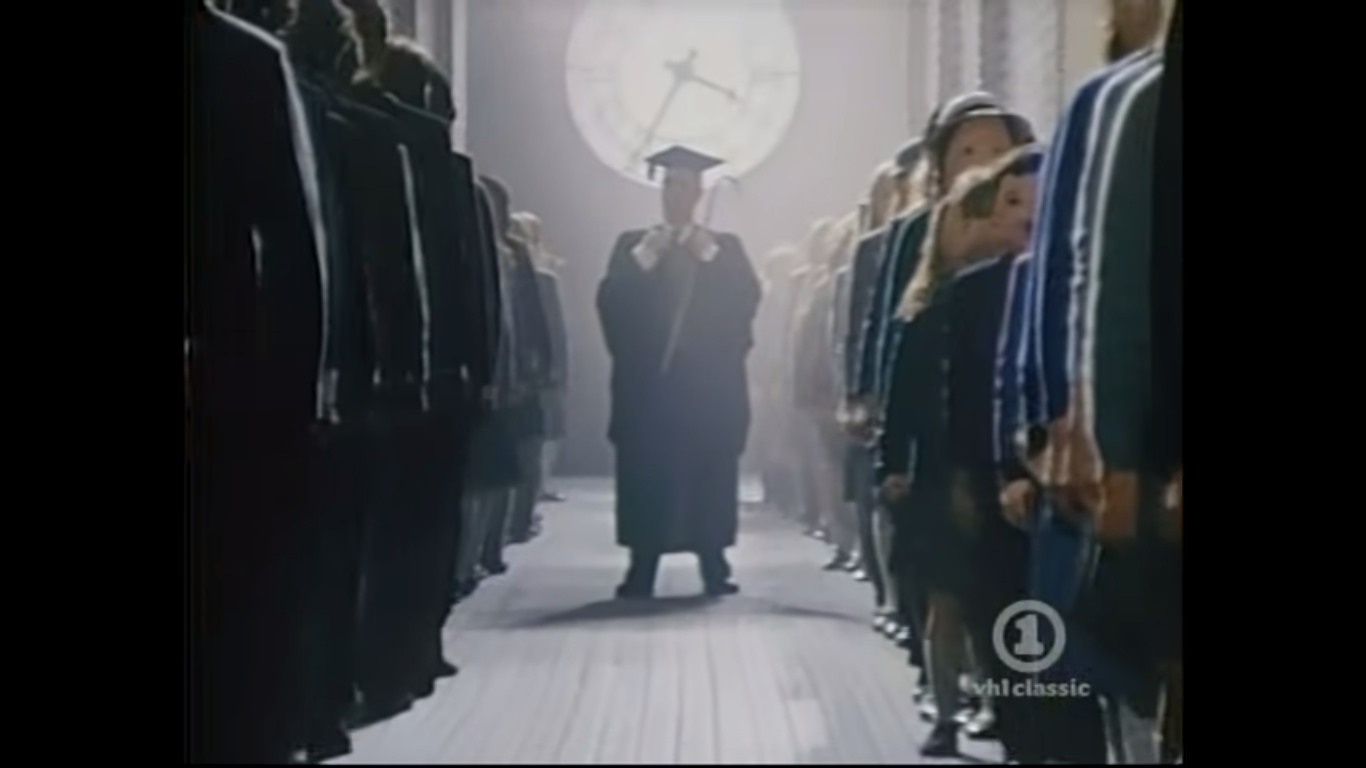
Then there’s the marking, planning, culturally responsive pedagogy, differentiating everything and “co-curricular activities” of modern teaching. There’s also the annual, “what extra subject will I be teaching this year?” lottery. The last time it was junior Digital Technology and this time it’s junior Music. I’m only working part time so I’m almost able to fit most of it into the school day. There are a few student groups which are taking up a lot of time and energy and then there’s also the union branch. But really the main challenge is getting used to my new role within the system and machine I’ve been in most of my life. It’s a much friendlier version of the student conveyor belt in the Pink Floyd music video but it is still fundamentally the same.
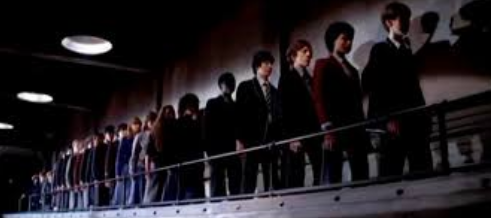
My intention with all of this context isn’t to show that things are really tough for me in any special way. It is instead intended to give some context of day to day life for those in a different situation.
The resounding thing really which parenting and teaching has done is to make all the economic and social problems real for me. I don’t experience them in the same way as those who aren’t middle class pakeha cis-men but I do see them on a daily basis now. The ecological crises we face is more real and important now than it has ever been for me before. It no longer feels hypothetical, it’s a future my kid, and all my students, will inherit. In addition to caring for my own kid, who can’t yet articulate abstract concerns about the future, I’m seeing young people who can and do. At-least once a month the looming crisis we face is revealed in students’ writing.
Then there’s the social crises we face. My little family are finally buying an apartment, it’s just one bedroom, and the truly absurd thing is that we’ll be paying less in mortgage and rates etc than we’re paying in rent at the moment. The same can’t be said for all the families in our neighbourhood, the students at school, or the kids at the park down the road where we like to hang out. At school it was great, but also telling, that my rough year 10 class were most engaged when writing responses to Taika’s Two Cars One Night. I find it a beautiful, but also deeply troubling, story about kids sitting in cars while their parents are in the pub for the evening.
Then there’s education system itself. It’s almost farcical that the government’s solution to teacher workloads at the moment is to make students sit more exams. We can be pretty certain that this wasn’t what students asked for. A huge amount of credit needs to be given to the teaching unions which, in addition to struggling for the pay and conditions of teachers, have also fought off in previous years systems which have completely gutted the public education in other countries; performance pay, standardized testing and bulk funding to name a few. It was great at the strike in Wellington to see, not just teachers, but students at the protest as well. Thinking back to march it was sad that we couldn’t attend the Student Climate Strikes without pulling a sickie. Back then we were in the staffroom watching the footage of the marches around the country and the world. Only a few hours later we were in the same room looking at very different news and thinking about what to do during our next classes. I remember my head of department when I mentioned it, she had her face hidden in a pile of marking. She said, “yes, it’s shit,” and didn’t look up from her work.
In a way the government response to both the student strikes and teacher strikes is very similar. They seem to talk big but then come up against a wall. There are excuses for not doing what is really needed on climate change or education. Despite the new laws, fossil fuel exploration is continuing and despite talking about the importance of education the Ministry is still playing hard ball. It’s a strange feeling that these issues are so much more important now but it’s also so much harder to find time and energy to do anything about them. I guess the realization is that this is the situation many people are presumably already in.
What is needed is transformational change and this is change which isn’t siloed into one topic or subject. Often people talk about education being the way to address the problems in our society but they’re wrong. It’s only one way and alone it won’t work. Teachers by themselves can’t bring out the best in their students, and neither can schools. A great teacher and school can’t take the place of a stable home or decent income, or enough food on the table. It certainly can’t replace a broken welfare system, gutted public services, a racist society or a collapsing ecosystem. All of these are problems which must be solved if we are to achieve a good and fair education system. We can, and do, educate students about these issues but that in no way guarantees any real change. One of my favourite albums is Pink Floyd’s The Wall. The album isn’t all about horrible teachers. They’re just one part of a nasty and unfair system, each of which is “a brick in the wall.” The same goes for climate change and the ecological crisis. It’s a consequence of an unfair and unsustainable system. Like the teachers in the Pink Floyd album, people driving cars and leaving plastic drink bottles on Lambton Quay are just one tiny part of a broken system. The system needs to change. Capitalism’s drive for economic growth and profit above all else needs to change. Capitalism is not compatible with a sustainable and fair society but unlike some friends and comrades of mine I do not see the solution in either Marxism or Anarchism. Thankfully ideas such as fairness and sustainability do not need to be weighted to one pure political ideology.
We’ve got one political and economic ideology at the moment and that’s definitely at the core of the problem. Societies, countries and cultures are not the same. The types of problems are different, the challenges are different and so the practical and structural solutions will also be different.
One benefit is that the burden of finding solutions and changing the current system isn’t down to any one person. The beauty of collective movements is that there are many people contributing what they can when they can, and these wax and wane continually.
Everyone is still juggling our day to day lives with a=our desire for wide and meaningful change. Teachers will continue to teach and students will continue to throw the Chromebook equivalent of paper planes. The PPTA and NZEI will keep pushing for better pay and conditions and parents will continue to do their best for their kids. It’s great to see the teaching unions publicly endorsing the Student Strike for Climate and it’s great to see students connecting the dots between pollution and social and economic injustice.
Hopefully we will achieve a fairer and sustainable future.
Hopefully movements like the Student Strike for Climate continue.
Hopefully we can listen to the people so often shut out of this type of debate.
Hopefully we will have the drive and effort to make the changes which are needed.
Hopefully we can, and will, tear down the wall. 